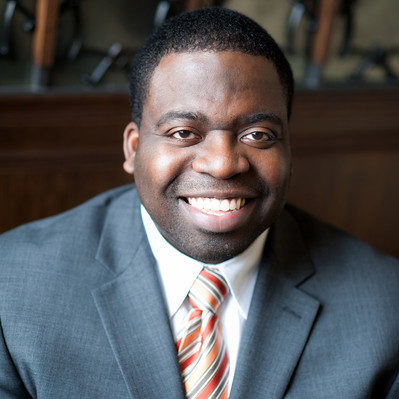Ricky Watter’s, best known here in Philly for the infamous utterance of “For who, for what?” and not his stellar play will have his number retired this year.
Ricky Watters’ mind is broken, too.
Watters is among the legion of players involved in concussion litigation against the NFL.
He said he had dozens of concussions, from the time he starred at Bishop McDevitt in Harrisburg, then at Notre Dame, then in San Francisco, Philadelphia and, finally, Seattle, his last stop in a 10-year NFL career.
“Not that I knew what a concussion was then,” Watters said.
How many times did he play without his full mental faculties?
“Hundreds of times.”
Watters ignored the signs: headaches, fatigue, forgetfulness. His wife of 13 years, Catherina, was his fianceé when he was in Philadelphia. The Ricky she knew was disappearing: the Ricky with a photographic memory; the tireless Ricky who always followed through. She begged him to file for disability.
“How I’m going to file for disability, when I’m Superman?” Watters asked.
This is how.
Watters and his wife were bickering one day in 2004 about something she claimed to have told him. Again.
Ricky Jr. spoke up:
“Dad. She did tell you that.”
Watters filed for his disability.
Certainly, he earned it.
[…]Watters will keep Catherina on his hip, so, when he sees somebody whose name he cannot recall – somebody he might have met an hour before or 17 years before – she can whisper the name in his ear, because he might not remember.
When the Eagles added Watters in 1995, they also signed Kevin Turner to be their fullback.
Turner, who has ALS, is one of the poster children for the concussion issue.
Turner never shied from contact.
Watters did. And, that day, he defended it:
“I’m not going to trip up there and get knocked out. For who? For what? I mean, there’s another day.”
source: Marcus Hayes: Watters lives with aftereffects of punishing football career – Page 2 – Philly.com.
Watters was a champion who left the Bay too soon to become a legend in San Francisco, became maligned character in Philly for being a jerk while carrying the offense on his back behind Turner, and in Seattle he became a model leader while holding off future MVP Shaun Alexander from a starting role. If you want to talk running backs, in my opinion, Watters is a better back than Jerome Bettis any day (In that same opinion Bettis is a shoe in Hall of Famer). But in the end, the question of a young rich and famous jerk is the question many of us should be asking about an soon to be 10 billion dollar a year business called the NFL run by owners willing to lock these players out over money and benefits for retired players.
Watters was a star at Bishop McDevitt in Harrisburg, just like current Eagles running back Lesean McCoy. Watters was a workhorse dual threat running back, just like McCoy is now. McCoy is better liked than Ricky, but in the end it may not matter, because in the end they are just human beings. If you think the fans are all sympathetic, they aren’t. Just think of the “midwest” nice shown Matt Cassel when he got knocked out last weekend on his team’s home field in Kansas City and the fans cheered because Cassel hasn’t been playing well lately. Chiefs offensive tackle Eric Winston eloquently and forcefully addressed this savagery in the heartland:
“I probably won’t live as long because I play this game”. Eric Winston has a wife, a family, that can’t be easy for them to hear. It can’t be easy for him to say out loud. It’s a stark admission if the truth of playing under a football helmet. He understands the numbers game around. The abnormally high incidence rates of early onset Alzheimer’s, ALS and other maladies that befall football players. As these numbers become more apparent, the spectators are becoming less aware of the game.
The fan’s are developing an increasingly cold, sterile relationship to the game. The average fan is priced out of the game. We watch the NFL red zone and Sports Center highlight clips. We see plays, snippets of what the game is. Highlights. A player gets crunched, we see the player carted off, neck immobilized with a thumbs up sign and everyone goes back to the next highlight. We don’t hear or see the speed and impact live as much as we used to. With penalties for players taking off helmets and the advent of million dollar signing bonuses, players no longer are guys who might live down the street. We the fans, yes we, are beginning to let football players become numbers to us. Money lost in a parlay bet, a bad season for a running back costing us a spot in the playoffs in a league or a hobbled player botching a play so we don’t have bragging rights of a Super Bowl win to shut down trash talk from rival fans around the water cooler at our jobs.
“For who, for what?” reconsidered.

